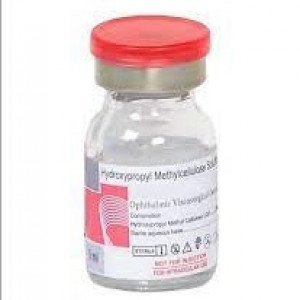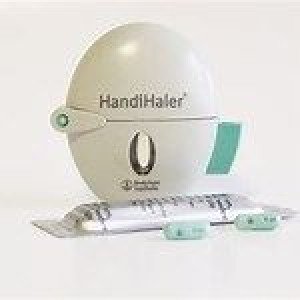 Welcome
Welcome
“May all be happy, may all be healed, may all be at peace and may no one ever suffer."
- A
- B
- C
- D
- E
- F
- G
- H
- I
- J
- K
- L
- M
- N
- O
- P
- Q
- R
- S
- T
- U
- V
- W
- X
- Y
- Z
Evo 125mg / 5ml
Pukenil 4mg / 5ml
Urodel-K (1500mg + 250mg...
Alkamax (1500mg + 250mg...
Bambelor 5mg / 5ml
Urtinex 5mg / 5ml
Leofran 4mg / 5ml
Phosphoprep (2.711gm + 1.2g...
Urotrate (1500mg + 250mg...
Ural-K (1500mg + 250mg...
Ofran 4mg / 5ml
Dilator 5mg / 5ml
Oral Solution - Brands
An oral solution is a type of medication that is administered orally and is in a liquid form. It is a solution that contains the medication and is designed to be swallowed.
Oral solutions are used to treat a variety of conditions, including infections, pain relief, and high blood pressure. They may contain different types of active ingredients, such as antibiotics, analgesics, or antihypertensive medications.
Oral solutions are designed to be easy to swallow and can be measured accurately with a dropper or a measuring spoon. They are often used for pediatric and elderly patients who have difficulty swallowing tablets or capsules.
Oral solutions are generally safe and effective when used as directed, but they may cause some side effects, such as diarrhea or stomach upset, in some individuals. It is important to follow the instructions provided by the healthcare provider and to inform them of any side effects or allergic reactions. In addition, some oral solutions may contain sugar or other ingredients that can be harmful to individuals with certain medical conditions, such as diabetes. It is important to consult with a healthcare provider before using an oral solution if you have any medical conditions or are taking any medications.
How to use Oral Solution?
Here are some general guidelines on how to use an oral solution:
- Shake the bottle: Before using the oral solution, shake the bottle well to ensure that the medication is evenly distributed.
- Measure the dose: Using a calibrated measuring device or a clean spoon, measure the prescribed amount of oral solution. Make sure you follow the instructions provided by your healthcare provider or the manufacturer of the oral solution.
- Administer the solution: Drink the oral solution directly from the measuring device or spoon, or add it to a small amount of liquid, such as water or juice. Stir the mixture well until the medication is evenly distributed.
- Rinse the measuring device: After using the measuring device or spoon, rinse it with water and dry it thoroughly to prevent contamination.
- Replace the cap: Replace the cap tightly on the oral solution bottle and store it in a cool, dry place.
It's important to follow the instructions provided by your healthcare provider and the manufacturer of the oral solution. If you have any questions or concerns about how to use an oral solution, speak with your healthcare provider or pharmacist. Be sure to follow the recommended dosing and frequency for the solution to ensure safe and effective use. Additionally, check with your healthcare provider or pharmacist if you have any specific dietary restrictions that may affect the absorption of the oral solution.

Medicated Bar

N/A

Effervescent Tablet

Emulsion

Solution

Inhalation Capsule

CG Tablet

CO Solution
Oral Solution, How to use Oral Solution, মৌখিক সলিউশন
To be happy, beautiful, healthy, wealthy, hale and long-lived stay with DM3S.